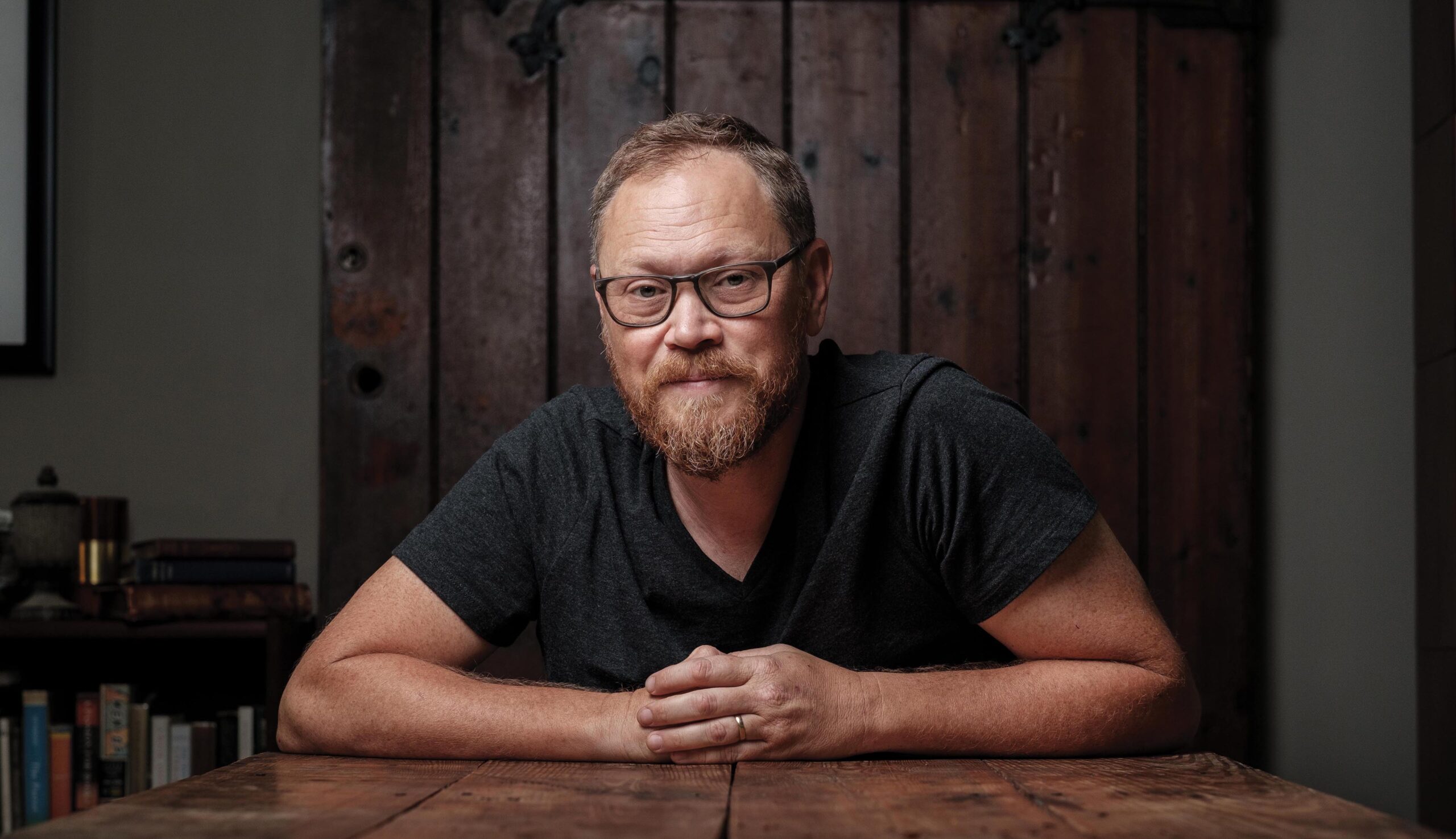You know the sentiment: Balance your load. Make sure you are spending time with God and your family. Also make sure you’re working in a setting that is fulfilling — but not working too much because you need to be serving at church, having hobbies and friendships, and serving locally or globally, too.
Many people have oriented their lives around this model of living, seeking to balance it all, the goal being to see that each of these buckets has an equal amount of time, energy, and resources put into it for the sake of living a fulfilling life. Striving for balance, though, leaves us striving for something that is, first, not possible and, second, something that we are not called to.
We’re not called to the impossible
Balance is not only impossible, but striving for it leaves us (unhealthily) focused on ourselves. Yes, we are called to spend our energy wisely, but when we strive for the mythical idea of balance in every area of our lives, our focus inevitably turns to ourselves — and our abilities to keep all the balls in the air, without dropping any of them — rather than toward God. Yet when this is our goal, our ability to balance or our failure to do so begins to be the standard by which we measure our lives. Seeking the impossible leaves us lacking and exhausted.
We see the alternative to this in Scripture, and it is the opposite of our modern concept of balance. God calls us instead to complete, sacrificial surrender. This is counter-cultural and, if we’re honest, makes us a bit uncomfortable.
Instead of a life balanced by our own efforts, what we find in Scripture is the call to be faithful. This faithfulness means we give ourselves to all that God asks us to step into — with our hearts, minds, and souls, with our time, resources, and energy. This requires us to be present to God’s presence as we engage all areas of life. This also requires us to have not a graduated list of priorities, but one priority: to answer the call of God, to be faithful to him in our everyday, ordinary lives.
When we strive for faithfulness, we trust that God will provide for all we need. But when we strive for balance, we put the pressure on ourselves to determine how much time, energy, and resources to put into each area of life, even relegating the time we commit to God to just one of the many weights we carry.
The truth is, during some seasons, a faithful life may not look like a balanced life at all. You may put in a disproportionate amount of time and energy into a new job, but that investment may be essential for a time in order to establish a faithful presence in that role. You may have a child who needs more attention, time, and care in one season, so you find yourself adjusting your time in other areas to accommodate those needs. Or you may step into serving at church in a certain capacity that requires time, prayer, and relational investment of a new level of commitment. But in each of these instances, faithfulness to God and neighbor is on display as you fulfill commitment and care for others.
In faithfulness we find a whole life
We see the call to faithfulness in many of Paul’s letters. He encourages believers, “Whatever you do, do all to the glory of God.” And, “Whatever you do, work heartily as for the Lord, and not for men” (1 Cor 10:31, Col 3:23). Paul also exhorts Christ-followers to offer their whole lives back to God as an offering, as a response to all that God has given (Rom 12:1–2). Jesus told a story about this offering, too, in the parable of the talents (Luke 12:48). In it he explains:
From everyone who has been given much, much will be demanded; and from the one who has been entrusted with much, much more will be asked.
This is the language of whole-life discipleship. Where balance compartmentalizes the pieces of our lives, faithfulness integrates the pieces of our lives and moves us toward wholeness.
Wholeness is what we find in a life lived for the glory of God. All that we’ve been given — our jobs, families, roles and responsibilities in the church, and agency as members of our communities — are not problems to be solved according to our own ideas of balance. Instead, having been given much, we have the opportunity to live faithfully with all of it. When we give our whole lives, not just portions, back to God for his purposes, as Paul exhorts in Romans 12, we find we approach our work, our families, our relationships, and the way we spend our time with a different perspective. By this, we can shine light on what God is doing — rather than on what we are or aren’t capable of. God can equip us to do more, as he pleases, but as we strive for faithfulness, God enables us to do well — to serve with excellence in whatever circumstance we’ve been given.
Saying yes when we feel inadequate is also a part of living faithfully, but not necessarily in the way we might imagine.
Scripture exemplifies this again and again: Abraham and Sarah, Moses, Joseph, Mary the mother of Jesus, and others were all called by God before they felt ready for the task at hand. But each of these people said yes — because they had resolved to live faithful lives, not because they felt equipped or ready, and this was the prerequisite for the journey to which God called each of them
We can do this as well because, in trusting God, we believe his promises. He equips those he calls, whether or not they feel ready, equipped, or adequate. As the faithful in the Bible responded to God in this way, he was faithful to use their lives for his purposes. As Peter writes in his second letter:
His divine power has granted to us all things that pertain to life and godliness, through the knowledge of him who called us to his own glory and excellence, by which he has granted to us his precious and very great promises, so that through them you may become partakers of the divine nature. (2 Peter 1:3–4)
The promise Peter illustrates here is this: God provides. He will give you all you need; it is by his divine power that his people are made into the likeness of Christ.
The life God would have for us
When God’s invitations make sense with our idea of a balanced life, we are eager to say yes. But our “balanced” life cannot compare to God’s promise of a whole life.
God is always faithful to give wisdom to those who seek it; he is also faithful to provide as he calls us, as he did for Abraham and Sarah, Joseph and Moses, Mary, Paul and the apostles. Experiencing this provision builds our trust of God and his character.
Saying yes to the whole life instead of the balanced life is a matter of trusting in ourselves or trusting in God that he has given us everything — our skills, our homes, our families, our communities, and more — for his glory. It will push us out of our comfort zones. But isn’t that the call of faith?





